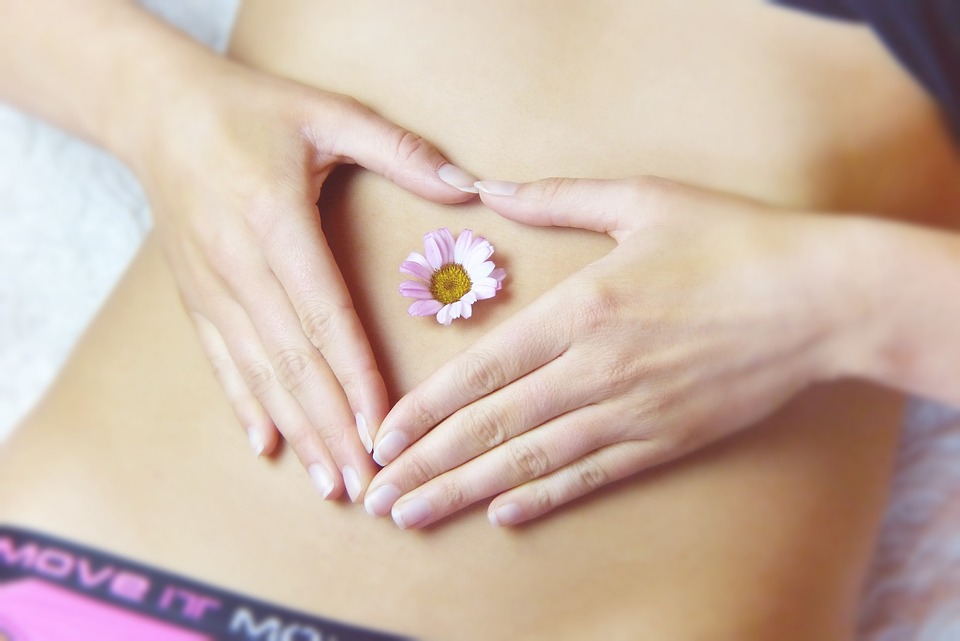There is always more to do – more work, more play, more travel, more networking, more exercise, and so on. The notion that everyone should be striving towards ‘more’ in all areas of life is nothing new. With every generation, there has been the idea that people and society as a whole should be moving towards something bigger and better – more than is presently possessed, more than you are presently doing, more than you generally ‘are’ as an individual. While ‘more’ is an age-old concept, the difference today is that with readily available technologies and an increasingly ‘globalised’ society, ‘more’ is something pressed on people in a variety of ways and is something that can be pursued through many channels, at any time of the day or night.
Upsides and Downsides
 The concept of ‘more’ is not a wholly negative one. Indeed, it is only through the pursuit of more that there are elite athletes, politicians, professional experts, innovative medical treatments, space programs, world travel, et cetera. Without the drive to seek more, few would have jobs, houses, families or even a basic education. Yet the negative impact of relentlessly seeking ‘more’ is becoming increasingly visible. From a hike in national coffee consumption to the comparatively high prevalence of binge drinking, it would appear that many are attempting to boost and maintain themselves through the pursuit of ‘more’ in ways that can be detrimental to both physical and mental health.
The concept of ‘more’ is not a wholly negative one. Indeed, it is only through the pursuit of more that there are elite athletes, politicians, professional experts, innovative medical treatments, space programs, world travel, et cetera. Without the drive to seek more, few would have jobs, houses, families or even a basic education. Yet the negative impact of relentlessly seeking ‘more’ is becoming increasingly visible. From a hike in national coffee consumption to the comparatively high prevalence of binge drinking, it would appear that many are attempting to boost and maintain themselves through the pursuit of ‘more’ in ways that can be detrimental to both physical and mental health.
Dialling it Down
 Attention is being drawn to the various pitfalls of constantly looking to and striving towards the next step. Concepts such as mindfulness and forest bathing are growing in their prominence as experts profess the benefits of slowing things down. In a world that seemingly moves ever faster, the idea that life should be taken at a pace suited to individual circumstance is perhaps currently somewhat alien. Yet the benefits of living in a way that is personally sustainable is beginning to gain favor.
Attention is being drawn to the various pitfalls of constantly looking to and striving towards the next step. Concepts such as mindfulness and forest bathing are growing in their prominence as experts profess the benefits of slowing things down. In a world that seemingly moves ever faster, the idea that life should be taken at a pace suited to individual circumstance is perhaps currently somewhat alien. Yet the benefits of living in a way that is personally sustainable is beginning to gain favor.
There are several small changes that can be made to daily schedules to gradually break free from the vice of ‘more.’ Whether this equates to a total overhaul of individual lifestyle, or simply to better managing the strains of a fast-paced life, detoxing from the ‘more’ culture may ultimately allow people to find a way of living that is suited to personal need and not to the lofty expectations of modern society.
Physical detox
 One of the most perceptible impacts of the ‘more’ culture is on physical health. Busy schedules can leave precious little time to cook proper meals, get enough sleep, and generally nurture bodies in the way they need. Fast food, caffeine, and alcohol are common aides for keeping people going at speed many believe are simply expected in modern life. Whilst wholly enjoyable in moderation, the longer-term impact of relying on such things to get through a busy day can be considerable.
One of the most perceptible impacts of the ‘more’ culture is on physical health. Busy schedules can leave precious little time to cook proper meals, get enough sleep, and generally nurture bodies in the way they need. Fast food, caffeine, and alcohol are common aides for keeping people going at speed many believe are simply expected in modern life. Whilst wholly enjoyable in moderation, the longer-term impact of relying on such things to get through a busy day can be considerable.
The pitfalls of fast food are perhaps obvious – too many takeaways can equate to obesity and result in health problems related to being overweight, such as diabetes. But did you know that junk food can even harm your brain? Likewise, caffeine can be a great servant but a terrible master, with too much of the stuff resulting in a number of largely under-publicised side effects. Discover more about this, and you’ll appreciate the impact that being regularly over-caffeinated can have on everything from mood to appearance to sleep patterns. Some may attempt to relieve such effects with a ‘wind down’ beer or more excessive drinking, perhaps- which, of course, can lead to its own problems.
Breaking the habit of relying on ‘quick fixes’ to keep up with the ‘more’ culture may seem daunting yet doing so can provide the opportunity to physically reboot and rediscover your natural balance. A physical detox alone may not break the cycle of ‘more’ but could reduce the overall impact of the ‘more’ culture on the body, allowing the chance to regain a more natural equilibrium free from stimulants and other external influence.
Mental detox

Digital technology has a lot to answer for, having greatly improved the world in countless ways yet simultaneously resulted in people being ‘plugged in’ 24/7. Email, mobile phones, and social media facilitate constant communication; they also drip-feed the digitally adept with images and information that perpetuate an idealised lifestyle.
A mental detox from the ‘more’ culture may start by simply turning off digital devices at night – ensuring that once home and ready to end your day you aren’t still sending off the odd work email, panic buying the latest fad online, or trawling Instagram to lust after what you don’t yet possess. Actively setting time aside to switch off from technology can be as important as – if not more important than – a physical detox. It can facilitate a gradual detachment from grand, often unrealistic expectations and nurture renewed appreciation for things already present, possessed and achieved.
Emotional detox

Perhaps the hardest part of detoxing from the ‘more’ culture is detaching emotionally from perceived social expectations. Similar to a mental detox, distancing from the images and rhetoric regularly put forward through the media and various other outlets can provide much-needed space to redress individual emotional balance and rediscover what is personally important. The rise in popularity of yoga and mindfulness practices is not without reason – these and other non-digital activities that operate firmly in the ‘now’ provide headspace away from the ‘more’ culture and valuable time to reconnect with the emotional self.
Whether equating to a total overhaul of individual lifestyle or simply to better managing the strains of a fast-paced life, detoxing from the popular culture of ‘more’ may ultimately allow people to find a way of living that is suited to personal need and not to the expectations of modern society. A radical idea in the digital age? Perhaps. A necessary one to safeguard future health and happiness? Almost definitely. Taking some time out to detox may see you change your life for the better.






















